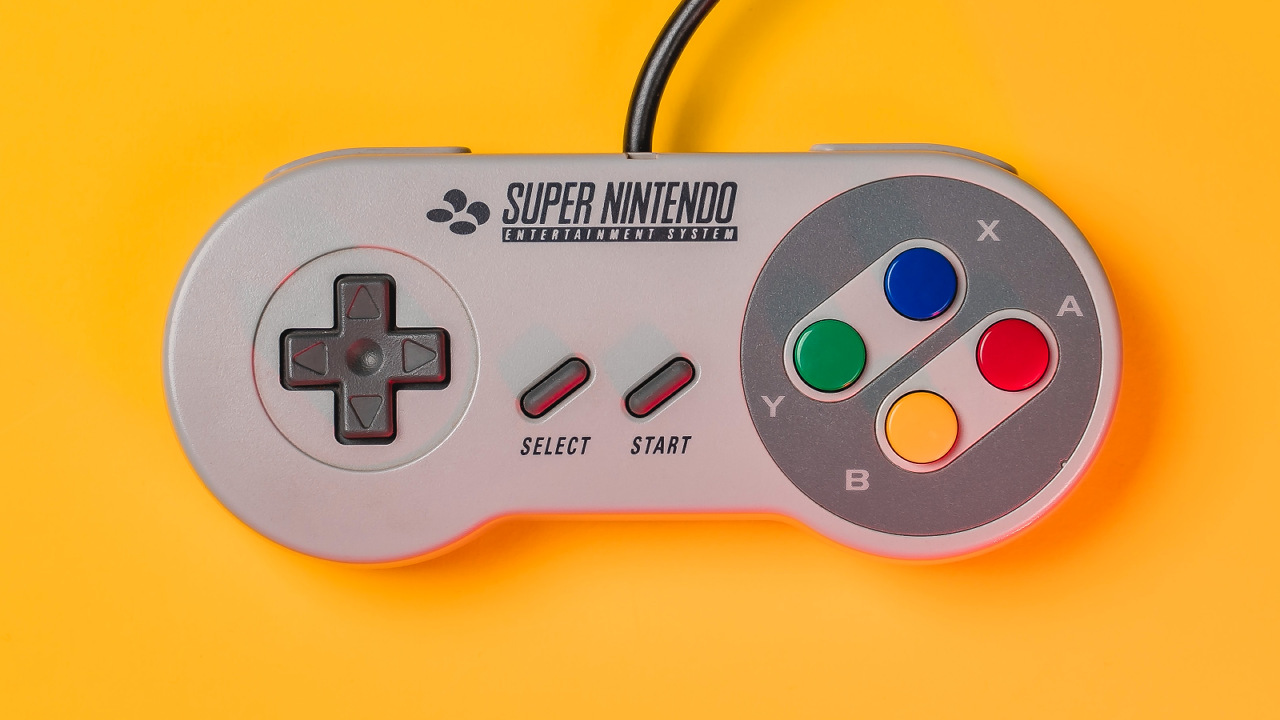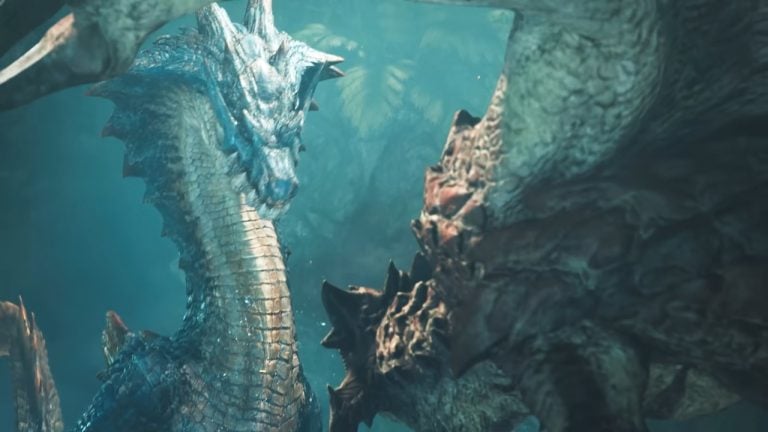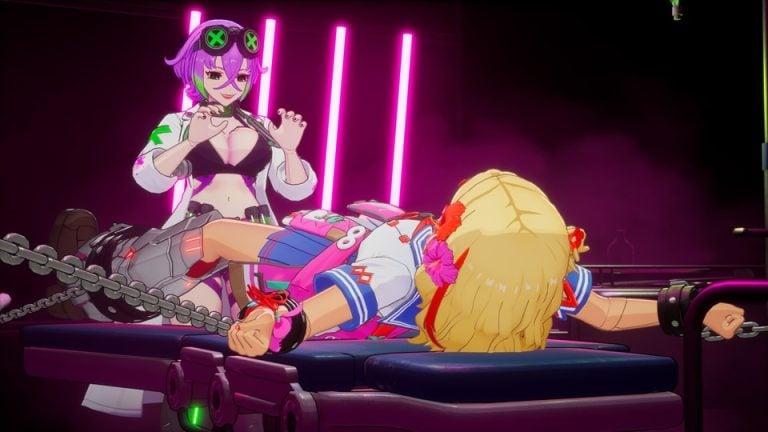Ken Akamatsu, manga artist and member of the National Diet of Japan, reported on June 1 that his project to “legally preserve past games in a playable state,” which he launched ten months ago, is well underway. He held a discussion on the matter in the National Diet.
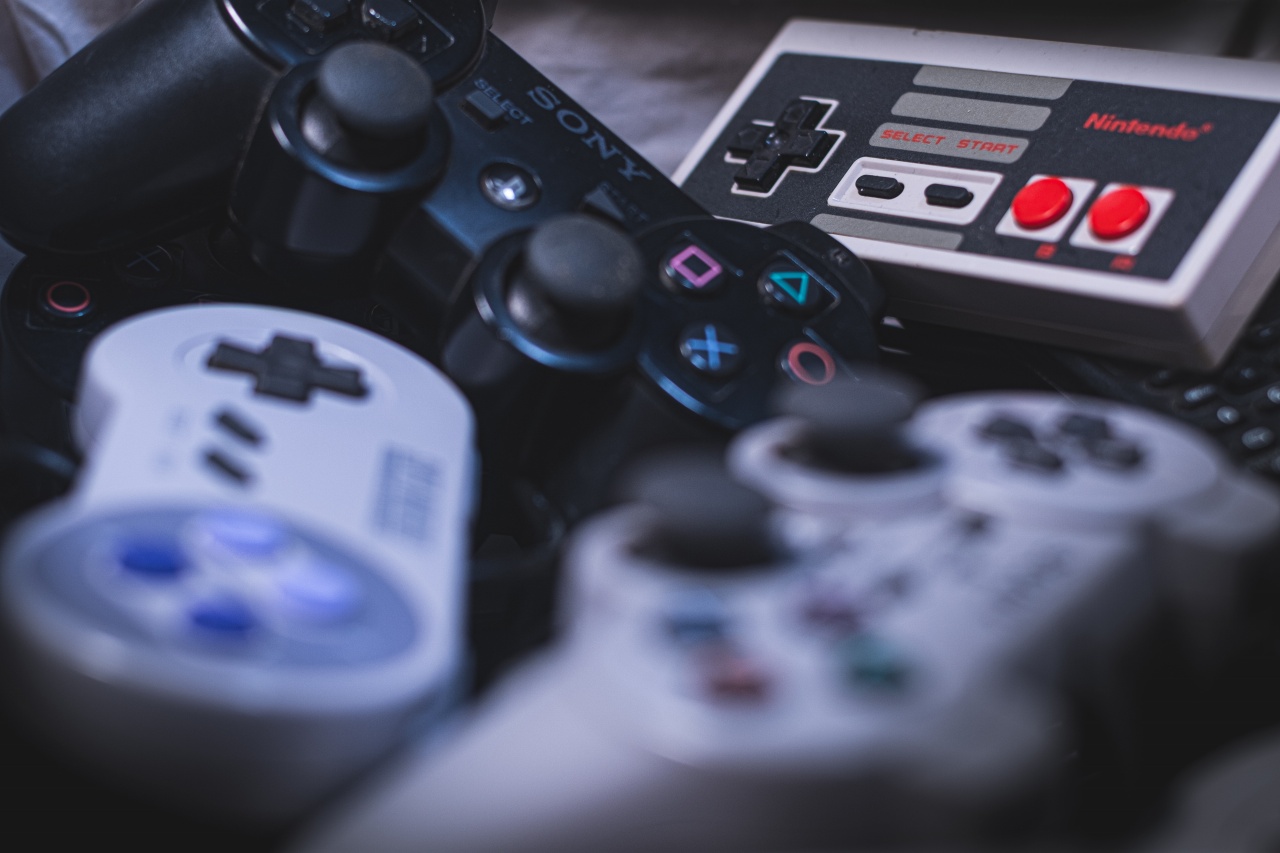
The Ambition of Ken Akamatsu
Ken Akamatsu is the manga artist behind popular manga such as Love Hina and Negima! Magister Negi Magi. Parallelly to creating manga, Akamatsu has been active in opposing government censorship, and during the 2022 Japanese House of Councillors election he became the first manga artist to be elected to the National Diet. His stance on censorship of creative expression earned him 528,053 votes from across Japan. Due to his profession and background, he has a strong supporter base among voters who like manga, anime, and video games.
Akamatsu has previously stated that “the legal preservation of past games in a playable state,” is a goal he strives to achieve as a member of the Diet. Many games that have been created up to date such as retro games and games for old flip phones are difficult to play today, which is why he aims to create a legal framework for such games to be preserved in a form that can still be played and accessed remotely (Related Article).
The National Diet Library – the center of the initiative
Akamatsu has been reporting on the progress of his project on his official blog. He expressed the opinion that the National Diet Library has the highest potential to carry out the legal preservation of past games, explaining that unlike game companies, the National Diet Library has no risk of bankruptcy and can acquire game software from game companies through the Legal Deposit System. He also cites the view that this would allow the general public to donate game software and that, when necessary, it would be possible to reproduce copyrighted material without the permission of the rights holder.
Points that present a challenge to the initiative were also brought up. One such point is game consoles and game software becoming unusable due to damage and deterioration. The deterioration of game software over time is a particularly pressing issue. He explained that, to tackle this challenge, he will consider the use of emulators as well as the migration of data to modern media, which is less susceptible to deterioration, for which legal removal of copy protection will be necessary.
Akamatsu explained that the above-mentioned measures are what presented the biggest obstacle for attempts at game preservation in the private sector, which is why he strives to utilize his position as a member of the Diet to help overcome this hurdle.
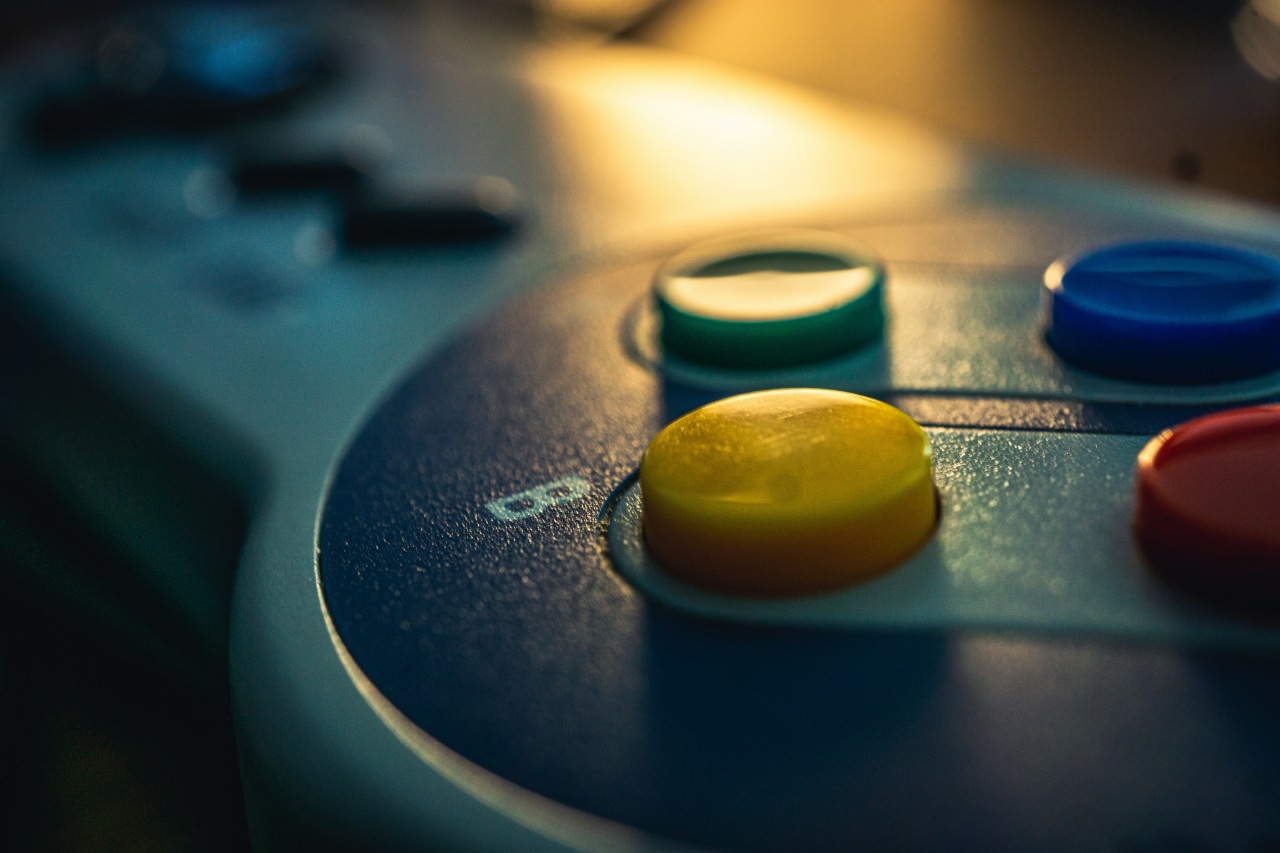
Aside from working on the legal aspects of the project with lawyers, Akamatsu has also been conducting briefings and research of already existing game preservation organizations, such as the Game Preservation Society, that specializes in floppy disks and has a temperature and humidity control system in place to protect their collection from mold and the Institute of Game Culture Conservation that specializes in arcade games.
The discussion in the Diet
Akamatsu reported that he brought up the topic of the “promotion and playable preservation of games” for discussion in the National Diet. At a meeting of the Education and Science Committee of the House of Councillors (of which Akamatsu himself is a member), Akamatsu addressed questions to the Agency for Cultural Affairs and the Minister of Education, Culture, Sports, Science and Technology, and confirmed that each have a positive attitude toward the restoration and development of media, including video games.
At the same meeting, Akamatsu also inquired about the status of the collection of game software in the National Diet Library (under the Legal Deposit system) and the preservation of games in a playable state. According to the library’s response, as of December 2022, the collection of physical editions of games includes approximately 7,200 titles. Out of the 7,200 titles, around 6800 were released after year 2000. The 400 items issued before the year 2000 were received as donations.
On the other hand, the Agency for Cultural Affairs’ Media Arts Database reported that it holds approximately 20,000 titles from the year 2000 onwards in physical form, which is thought to be only about 30% of the total number of games published, based on figures from the same database. In response to Akamatsu, The National Diet Library stated that it would make requests to game companies that have not yet submitted their titles, and that it would take steps to obtain all game software that is subject to the Legal Deposit system.
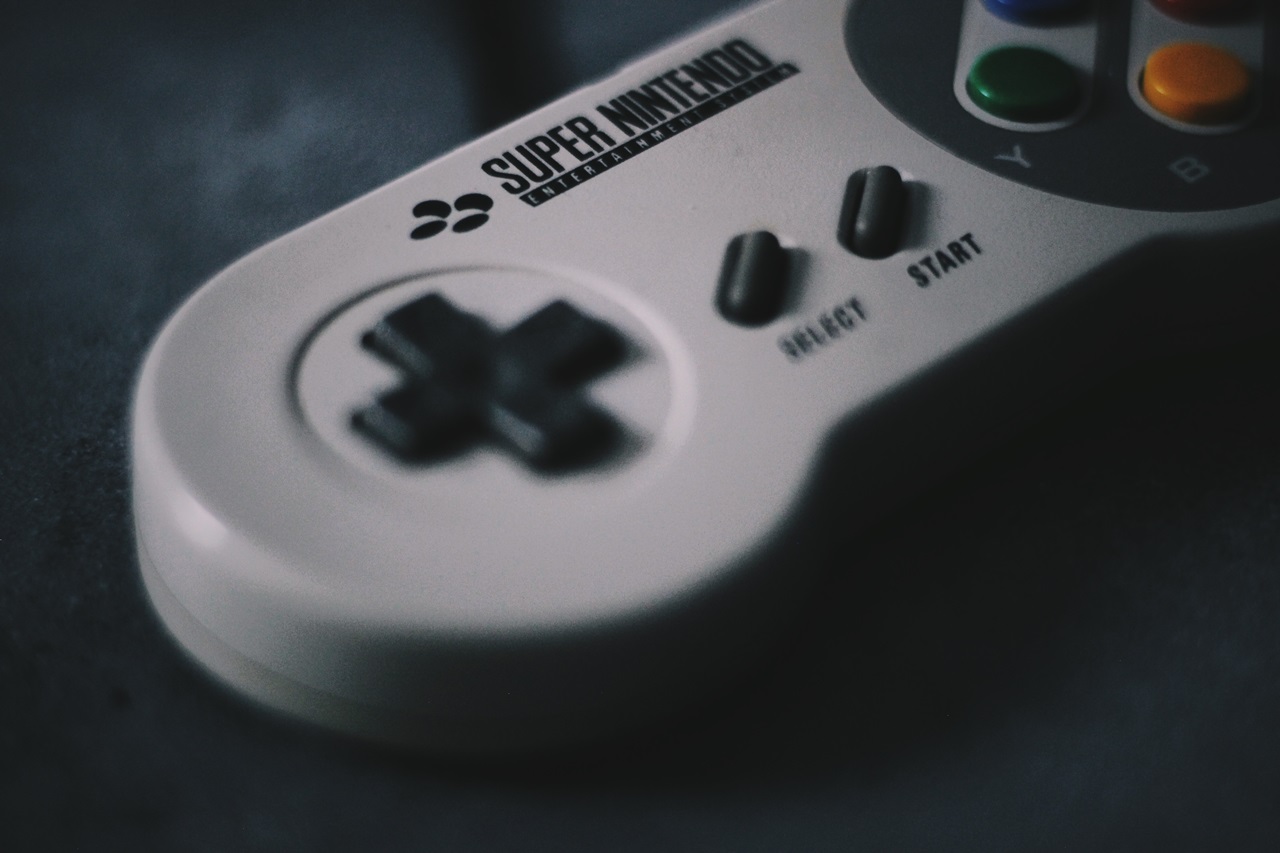
The National Diet Library is apparently experimentally providing certain video games in playable form using actual game consoles. In the future, the library plans to increase the variety of game consoles and create an environment that can meet the objectives of game research and study.
But, since the games preserved at the National Diet Library can only be accessed for the purpose of game research, Akamatsu also stated that in addition to the research and study of games, another important reason for preserving games is to be able to use the content and technology of old games as inspiration for development of new games. He concluded the discussion on this topic by asking the National Diet Library to consider expanding the range of purposes for which games preserved in the library can be used so that they may also be played for the purpose of developing new games.
Challenges going forward
As mentioned earlier, Akamatsu is aiming for the preservation of games with an eye toward data migration and the use of emulators. He has also mentioned in the past that he would like to establish an environment and legal framework that would allow remote play. There will undoubtedly be many challenges to be overcome in order to achieve the preservation of games in the form he has envisioned.
Akamatsu stated that the reason he limited the scope of the discussion in the Diet only to “the promotion and playable preservation of games” was that suddenly making complex requests for the use of emulators and the like would only disrupt the government’s responses and that the gradual deepening of the awareness among government agencies is also one of the challenges in achieving the preservation of video games in playable form. Though gradual, Akamatsu’s vision is undoubtedly moving towards realization, and we will keep a close eye on future developments.
Written by. Amber V based on the original Japanese article (original article’s publication date: 2023-06-02 18:37 JST)

